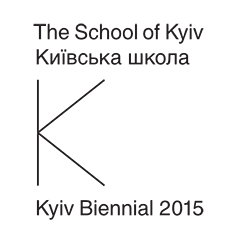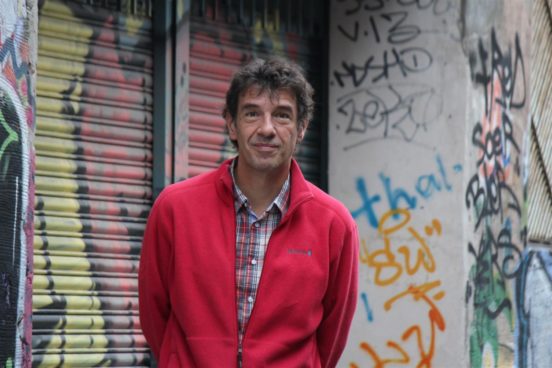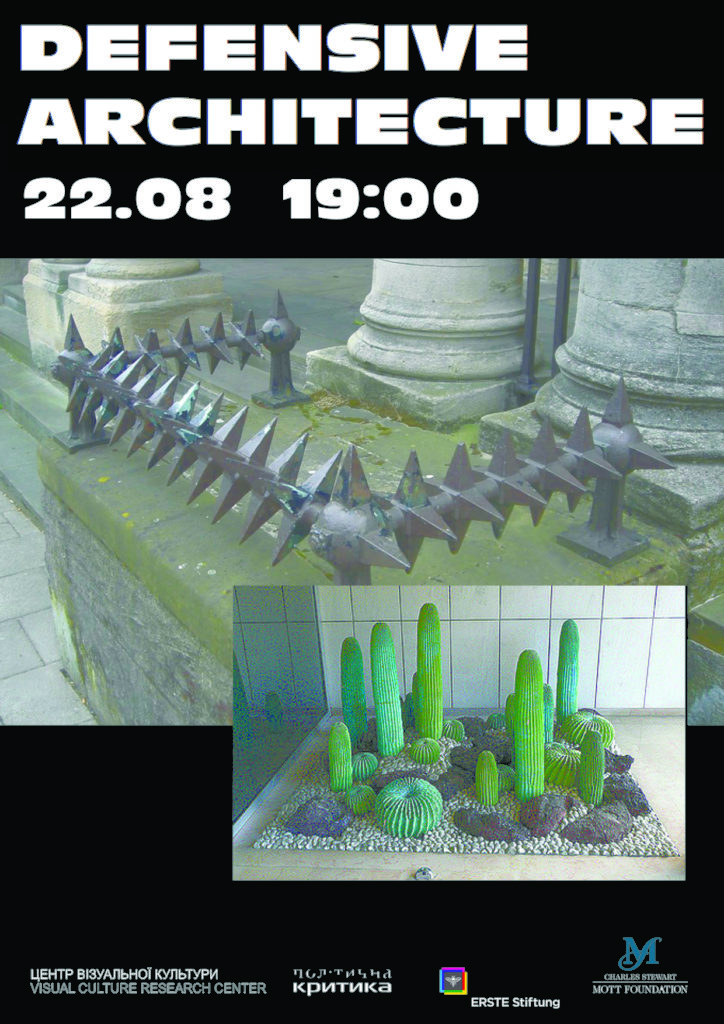History in Hell. Artist talk by Nikita Kadan
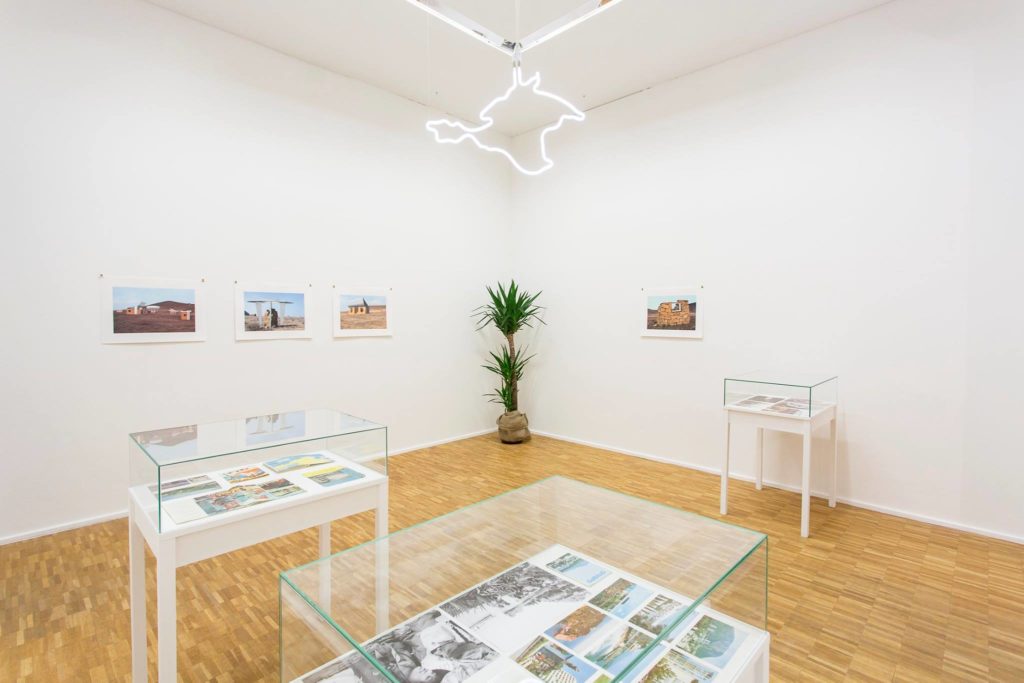
Nikita Kadan. Everybody Wants to Live by the Sea
Friday, 21 October 2016, 19:00
The artist will speak about his 2013–16 projects, such as Everybody Wants to Live by the Sea, Gazelka, Limits of Responsibility, The Possessed Can Testify in Court, The Chronicle series.
These works refer to such issues as expansion of historical museum by contemporary art means; war of various ideological narratives in the common space of historical narrative; recognition of the self as a living archive of different, sometimes dissonant, versions of memory; possibility of the critical museum.
“It is crucial to decide: are you combining information, artifacts, evidence from the past in order to overtake future? Are you responsible for a particular project of the future, so you twist and manipulate the past, shown in the museum, in the name of this future? Is your responsibility not related to the future, but you are, by contrast, highly responsible before the museum matter? Is this matter instrumentalized for external purposes? Or is its truth and sameness a goal in itself? Maybe, the museum is a goal in itself?” – Nikita Kadan in conversation with Larysa Babiy.
Admission is free
Nikita Kadan was born in Kyiv in 1982. In 2007 he graduated from the National Academy of Fine Art and Architecture. He is a member of R.E.P. group and curatorial and activist group Hudrada. He participated in the 14th Istanbul Biennial, 56th Venice Biennial (Ukrainian pavilion). His works are part of such collections as Pinakothek der Moderne (Munich), M HKA (Antwerp), MUMOK (Vienna), Military History Museum (Dresden), Galeria Arsenal (Bialystok). He lives and works in Kyiv.
The talk will take place within the framework of A Visit from Ghosts exhibition.
Supported by: Bundeszentrale für politische Bildung
![]()
ERSTE Stiftung and Charles Stewart Mott Foundation
Presentation of the book A – Art. F – Feminism. Essential Dictionary
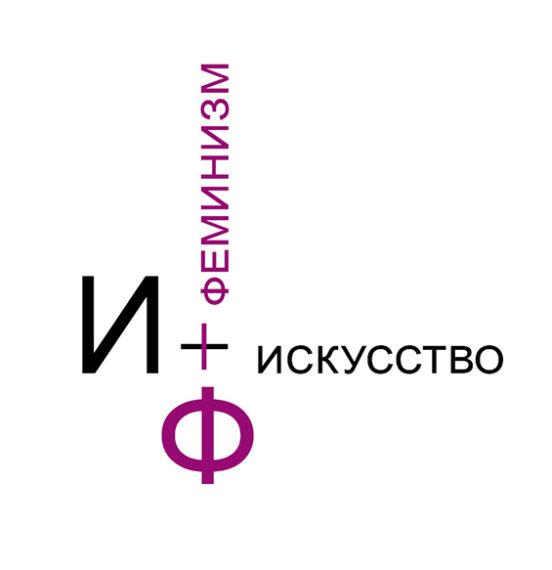
Friday, 14 October 2016, 19:00
International art project A – Art. F – Feminism, supported by Rosa-Luxemburg-Stiftung in Moscow, took place in 2015. It resulted in an experiment of creating a dictionary, which would comprehend the relation of art, feminism, society, critique and practice, and offer to define notions through artists’ personal experience.
The dictionary consists of 49 terms and notions offered by the authors from Kazakhstan, Kyrgyzstan, Moldova, Ukraine, Belarus, and Russia. Its topics are: gender stereotypes; exclusion of women; motherhood; self-consciousness; corporeal identity; power and resistance; emotional, physical, reproductive violence; self-realization; woman and feminism in culture; positioning of women in art sphere and beyond.
Presentation participants: Marina Vinnik and Olena Bezrukova. Moderated by Oksana Briukhovetska.
Free copies of the book will be available at the presentation.
Admission is free
Supported by Rosa Luxemburg Foundation in Ukraine
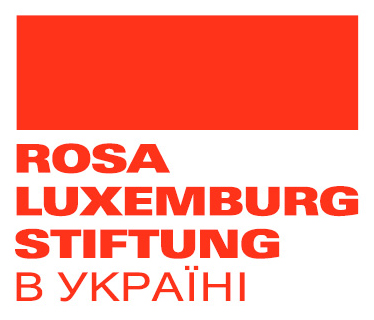
ERSTE Stiftung and Charles Stewart Mott Foundation
Premiere screening of the film SNAILS (director’s cut) by Maryna Vroda
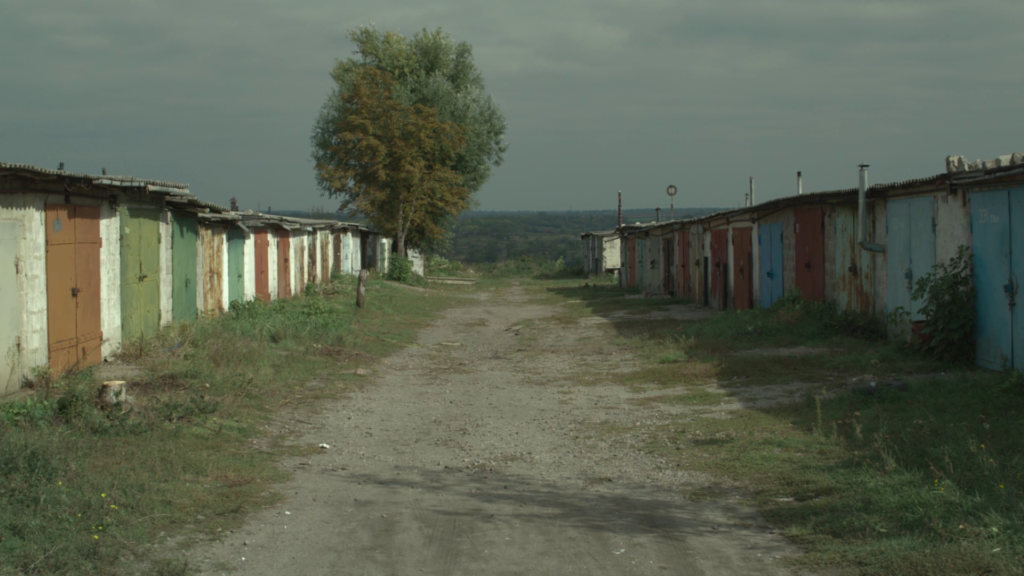
Saturday, 15 October 2016, 19:00
Snails. A never-ending walk of two friends through the landscapes of post-Soviet country. Who will win: landscape, or guys?
“One of the characters is back from Kyiv to his home grounds. At first glance, it might seem that he is no different than others, but there is something alien in his behavior. The other has lived here all his life. This is his land. Beautiful, yet brutal, it is both the epitome of rural idyll, and affirmation of the “rural life idiocy,” as well as the example of particular melancholic beauty, which can only be found in almost abandoned industrial spaces of the former Soviet Union. Much is hidden behind the character’s conflict. Here different viewers will see the generation portrait, sociological research of the current crisis, and the story about a touching, almost romantic, youngster’s friendship. Any of these views can be considered correct, yet these meanings are completely disseminated in surrounding nature. Like Poussin’s landscape, Snails not only tell the human story, but also the story of trees, hills, bridges, and railroad tracks.” – Maksim Semenov for Séance magazine.
Snails, 27’, 2014
Director: Maryna Vroda
Screenplay: Maryna Vroda
Cameraman: Volodymyr Ivanov
Sound: Mariya Nesterenko, Artem Mostovyi
Production: Ihor Savychenko, Kyrylo Shuvalov, Maryna Vroda
Actors: Dmytro Yaroshenko, Valeriy Berest
Country: Ukraine
Director’s talk will take place after the screening.
Admission is free
Maryna Vroda (1982, Ukraine) graduated in 2007 from the Kiev National University of Theatre, Cinematography and Television. Following her graduation, she had the chance to work with Sergei Loznitsa on his film My Joy (2010). Her short film Cross won the Palme d’Or for shorts at the 2011 Cannes Film festival and was screened at the 2011 International Film Festival Rotterdam. Filmography: The Family Portrait (2006), The Oath (2007), The Rain (2007), Cross (2011), Snails (2014), Penguin (documentary, 2015).
Supported by: ERSTE Stiftung and Charles Stewart Mott Foundation
Workshop for children with Anatoliy Belov

Sunday, 9 October 2016, 19:00
The artist Anatoliy Belov invites children aged 6 and older to his workshop “Specter’s scissors,” where he will teach them his unique vytynanka-technique.
During the workshop participants will try to “draw with the scissors” and depict ghosts, spirits, and other specters.
We ask our little guests to bring scissors with them!
The workshop will take place within the framework of A Visit from Ghosts exhibition.
Duration of the workshop – 2 hours.
Admission is free
Supported by: Bundeszentrale für politische Bildung

ERSTE Stiftung та Charles Stewart Mott Foundation
Premiere screening of the film Landslide by Oleksiy Radynski
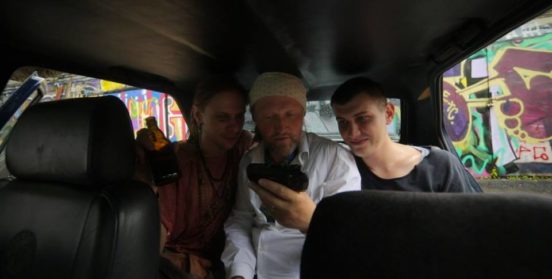
Friday, 7 October 2016, 19:00
Landslide is a film about an attempt to build “a society, which will be radically different from everything else that surrounds us” (to quote the film’s protagonists). This attempt is taking place in the very center of the Kyiv city, in the area reclaimed by the forces of nature. Landslide, degradation of urban politics and disintegration of social ties led to the emergence of anarchic, uncontrolled enclave in the city center. That is how the idea of “utopia, here and now” was born. Representatives of street art, music scene, theater avant-garde, etc. take part in the making of this utopia.
After the screening there will be a discussion with the film director Oleksiy Radynski and artist Vova Vorotniov moderated by Kateryna Mishchenko.
Film participants:
Vova Vorotniov
Borys Blazhennyi
Yuriy Antonov
David Chichkan
Ten
Oleksandr Pavlov
Mykhaylo Koptev and the Orchid Theatre
Ira Novikova, Artur Snitkus (“O,”)
E.T.C.
Landslide, 26‘, 2016
Directed by Oleksiy Radynski
Cameramen: Sasha Bojko, Max Savchenko
Additional footage: Andriy Piddubnyak, Oleksiy Radynski
Editing: Mykola Bazarkin, Oleksiy Radynski
Sound engineer: Oleksandr Horbunov
Color correction: Andriy Dovhyi
Line producer: Lyuba Knorozok
Producer: Svitlana Zinovyeva
Music: HDSH, Metrostroy Klan
Production: Inspiration Films, supported by Ukrainian State Film Agency (within the framework of the Contours project).
Admission is free
The screening takes place within the framework of the exhibition A Visit from Ghosts, open in Visual Culture Research Center until October 30. Curated by Kateryna Mishchenko.
Exhibition A Visit from Ghosts is supported by Bundeszentrale für politische Bildung

ERSTE Stiftung and Charles Stewart Mott Foundation
Lecture by Michel Agier. From “Right to the City” to “City-Making:” the Margins, the Center, and the Anthropologist
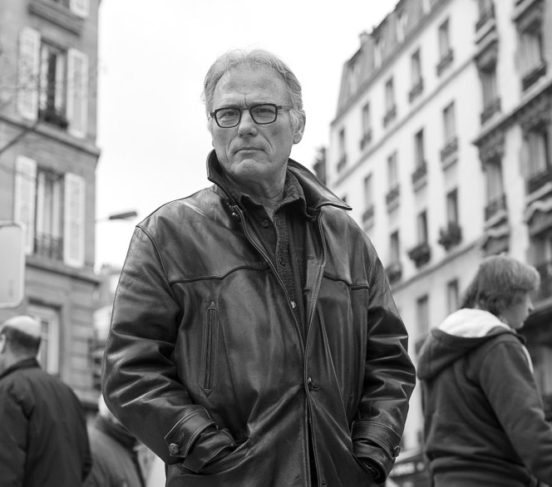
(с) Sébastien Dolidon
Thursday, 6 October 2016, 19:00
Michel Agier: “My anthropology of the city is based on the ethnographic research and on reflexive understanding of situations, places and events that “make the city.” For the anthropologist the “city-making” means realization of the “right to the city,” here and now. According to this idea, some controversial and, perhaps, minor practices (intervention, occupation) take radical meaning, as they evoke – because of such notions as the margins, the frontiers, vulnerability, emptiness, and disorder – the desire and appeal to the creation of the virtual or ideal dream city. In such terms, the anthropology of the city does not refer to any normative definition of the city as such, or create a new one, but conceives the city as continuous process of its construction and deconstruction.”
The lecture continues the course City – Discrimination, Segregation, Integration – French Experience, developed by the French Institute in Ukraine, exploring these issues from historical, sociological, and demographic perspectives.
Michel Agier is an anthropologist, research fellow at the IRD (Institut de Recherche pour le Développement) and EHESS (École des Hautes Études en Sciences Sociales). His research and teaching focus on the relationship between globalization, conditions and places of exile and the making of new urban contexts. He coordinates a new research program selected by the National Research Agency (ANR), “Babylon, city as frontier. What cities do for migrants, what migrants do for cities” (2016-18). In the year 2016-17 his seminar at EHESS is called “Anthropologies of hospitality.” Among his latest publications are: Migrants and Us. Understanding Babylon (CNRS Editions, 2016), and Anthropology of the City (PUF, 2015).
The lecture will be delivered in French with consecutive interpretation into Ukrainian.
Admission is free
In 2015 the course Migrations, Identities, Territories, developed by the French Institute, took place in Visual Culture Research Center as part of the School of the Displaced of The School of Kyiv – Kyiv Biennial 2015.
Organizer – l’Institut Français d’Ukraine
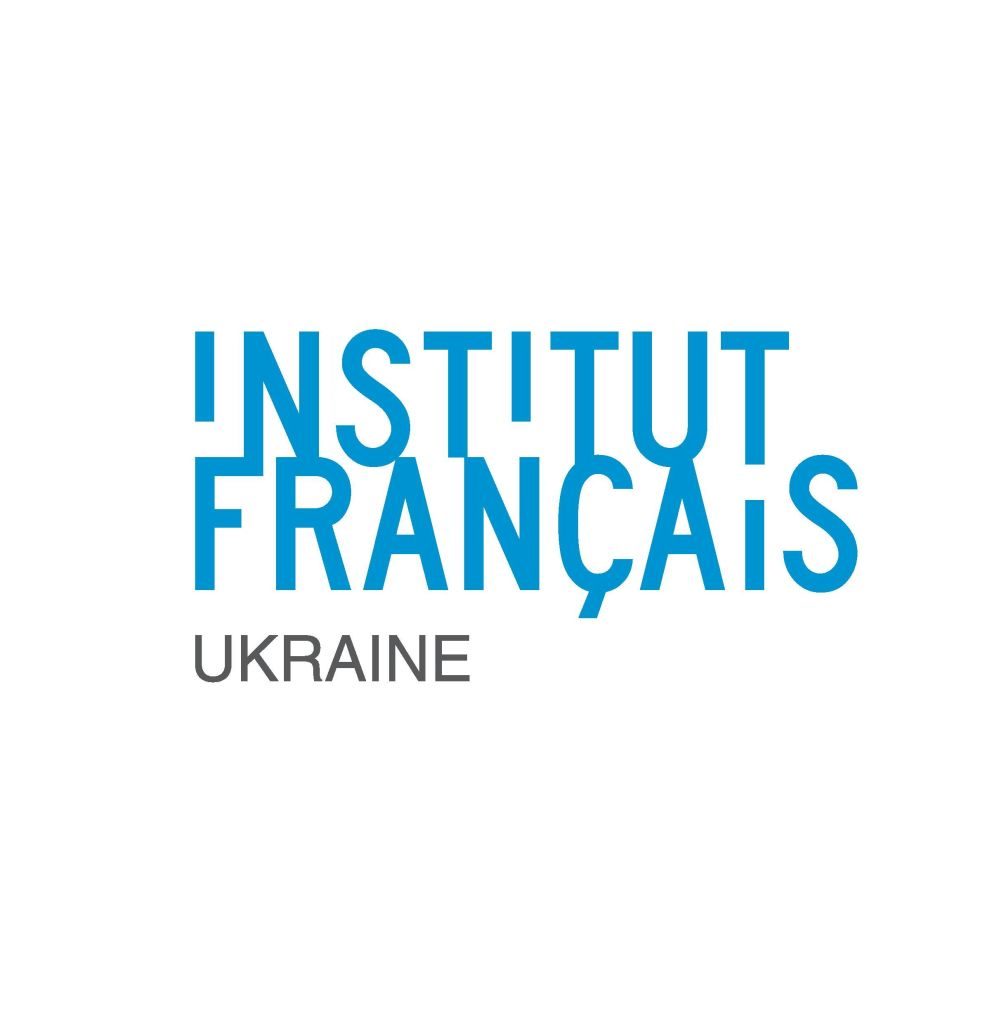
Supported by: ERSTE Stiftung and Charles Stewart Mott Foundation
EXHIBITION “A VISIT FROM GHOSTS”
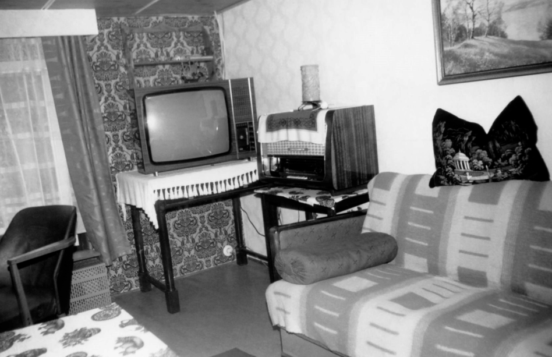
Photo: Sandra Schubert
1 – 30 October, 2016
The opening of the exhibition A Visit from Ghosts will take place on Saturday, October 1, at 19:00. On Sunday, October 2, at 15:00 a curator-led tour will be hold.
The exhibition A Visit from Ghosts not only poses a question of what we are to remember, but also of the ways of telling history with visual or other artistic means. Because ghosts are not just images or phantoms, they are sets of meanings that remind us of past traumas and always take new forms of expression.
Thematically the exhibition covers contemporary Ukrainian history: war, hate crimes, decommunization controversies. Besides, A Visit from Ghosts extends the understanding of these issues by referring to earlier European phenomena – fascism, anti-Semitism, oppressive aspects of East German socialism, etc.
The exhibition participants focus on the feeling of anxious expectation – they are showing, how it can be interrupted. They organize the exhibition space as full of noises and images, stories and experiences. Exactly in such situation the work of memory and outworking of the painful past are being activated.
The exhibition is supported by The Federal Agency for Civic Education (Bundeszentrale für politische Bildung, Germany) within the framework of the international conference Contested Memories of the Difficult Past. Eastern Europe and Its History of the 20th Century, devoted to victimization and responsibility, covering the conflicted historical narratives, as well as the influence of diaspora on manifestations of historical memory in post-socialist countries.
Curated by Kateryna Mishchenko
Artists: Piotr Armianovski, Anatoliy Belov, Oksana Briukhovetska, Peggy Buth, Eiko Grimberg, Die Tödliche Doris, Angelina Kariakina, Dmytro Levytskyi, Mykola Ridnyi, Serhiy Popov, Sandra Schubert, Mikhail Tolmachev.
Display: Katharina Köhler, Wolfgang Schwärzler
Opening hours: Tue – Fri: 14:00 – 20:00, Sat – Sun: 12:00 – 20:00, Mon – closed.
Events taking place during the exhibition:
October 7, 19:00. Oleksiy Radynski: Landslide (2016), film screening and discussion
October 9, 12:00. Anatoliy Belov: Spectrous Scissors, workshop for children
October 21, 19:00. Nikita Kadan: History in Hell, artist talk
October 22, 14:00. Piotr Armianovski, Dmytro Levytskyi: The Beilis Case, performance-tour around Podil area
October 29, 21:00. Curator-led night-tour
October 29, 23:00. The Night with the Ghosts, discussion
Admission is free.
Supported by Bundeszentrale für politische Bildung

ERSTE Stiftung та Charles Stewart Mott Foundation
Lecture by Michel Kokoreff “Precarity, Racism and Revolt”
Friday, 23 September 2016, 19:00
Recent social movements in France have once again revealed the following: in today’s French society precarity is as much at issue, as the matters of labor. It touches millions of workers, regardless of their membership in trade unions, as well as pupils, students, and, most of all, the unemployed. What we call “institutionalization of precarity” does exist. This means that exclusion and marginalization are not the only threats to social integrity. There is also the so called “destabilization of the sustainable,” that threatens those parts of the society, based on the values of social cohesion, solidarity, and redistribution. Such social vulnerability contributes to the growth of violence. It manifests itself, at work in particular, as moral or sexual harassment, racism, anti-Semitism, discrimination, and islamophobia. At this double frontline – social and ethno-racial – current protests find their basis.
The lecture is the first of the course “City – Discrimination, Segregation, Integration – French Experience”, developed by the French Institute in Ukraine, exploring these issues from historical, sociological, and demographic perspectives.
Michel Kokoreff (b. 1959) is a professor of sociology at Paris 8 Vincennes-Saint- Denis University, deputy director of the Center for Sociological and Political Research in Paris (CRESPPA). Since 20 years he has been working on the issues of social and political transformations of poor suburban French neighborhoods. He is the author of the books “Les mondes de la drogue” (Odile Jacob, 2000, in collaboration with Dominique Duprez), “La force des quartiers. De la délinquance à l’engagement politique” (Payot, 2003), “Sociologie des émeutes” (Payot, 2008), and “Refaire la cité. L’avenir des banlieues” (La République/Seuil, 2013, in collaboration with Didier Lapeyronnie).
In 2015 the course Migrations, Identities, Territories, developed by the French Institute, took place in Visual Culture Research Center as part of the “School of the Displaced” of The School of Kyiv – Kyiv Biennial 2015.
Working language: French with consecutive translation into Ukrainian.
Free entrance.
Organized by The French Institute in Ukraine

Supported by ERSTE Stiftung та Charles Stewart Mott Foundation
Exhibition “The Raft Crimea. Trumps of Doom”
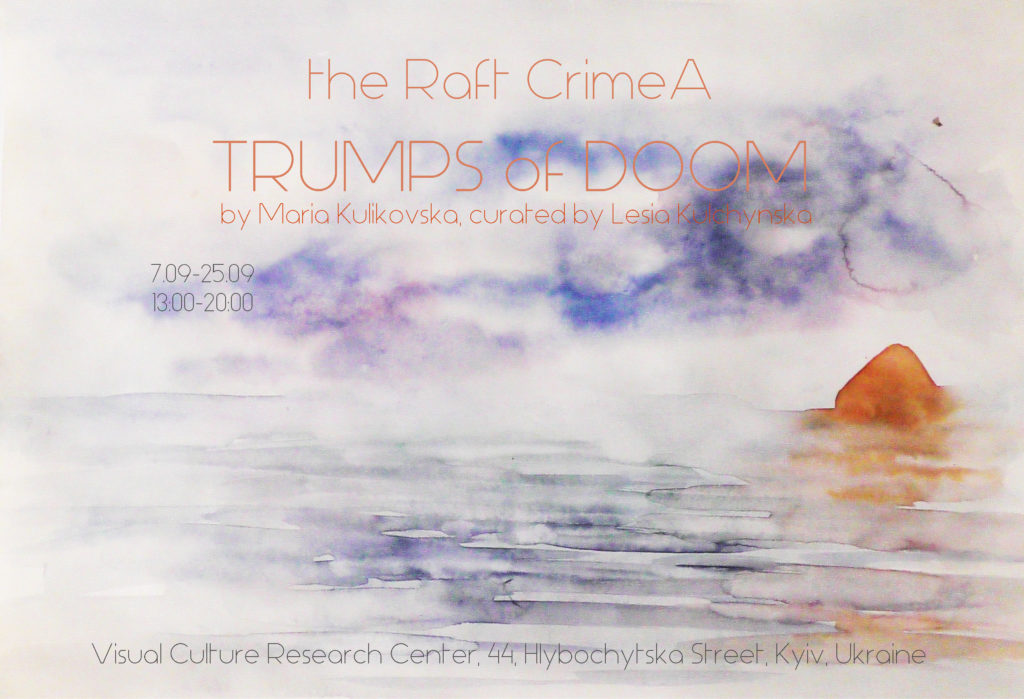
September 7 – 25
Open hours: Tuesday – Sunday, 13:00 – 20:00. Monday – closed. Admission is free.
Political, or natural, catastrophes, war, poverty, desire for a better life, make people leave their homes and set off into the open sea towards alien shores. Such trip is always risky: its success is incidental – it depends on fate, and, even more so, on support from other people. On August 16 amidst luxurious restaurants and floating hotels a life raft called Crimea floated off from the quay of the Dnipro river in Kyiv. The artist Maria Kulikovska, a former resident of Crimea, lived on the raft. Maria stayed there without any resources, only supported by what passersby shared with her.
On the 19th of August The Raft Crimea put off the capital’s quay and began its Odyssey. Thanks to continuous care, attention, kindness, and generosity of random people, the crew of the Raft reached the Danube mouth.
On Ukrainian-Romanian border the Raft was stopped by the officers of State Border Guard Service of Ukraine. The Raft crew was briefly detained by the Service.
The Raft Crimea’s short return to Kyiv will be followed by its continuous journey along the rivers of Ukraine and Europe, integrating people, met on its way, into the community of solidarity and mutual support.
Exhibition The Raft Crimea. Trumps of Doom is a story about the journey to the unknown, a story about secrets and mysteries, discoveries, found treasures, unpredictability of fate, and human kindness. This story is dedicated to the bravery of all migrants and the displaced, who are intentionally, or constrainedly, heading towards foreign shores to begin a new life, as well as to all those with an open heart, ready to care about the others.
Curator – Lesia Kulchynska.
The Migrant Parliament of the Displaced: The Raft Crimea is a performance by Maria Kulikovska aimed at reminding us about the vulnerability and helplessness of those, who lost their homes, and calling for solidarity with them. The Raft Crimea is a platform for discussing problems of the displaced and common search for their solutions. It will appear at the esplanades of different cities to indicate the place for a new meeting and assembly by its presence. Thousands of people, who are deprived of their homes, seeking for better life, safety, or simply a possibility of survival, are moving today on boats and rafts to the shores, where no one is neither waiting for them, nor wants to see them. The vast population of the new republic, which is not marked on the map, is drifting on the waves: the phantom republic of migrants. Anyone can become its citizen one day. The Crimea life raft will become its embassy, a displaced parliament for all of those who are devoid of place and political representation.The Migrant Parliament of the Displaced: The Raft Crimea performance is part of the School of Political Performance, collaborative project by Maria Kulikovska and VCRC, and belongs to the parallel program of Sentsov’s Camera exhibition at Leipzig Museum for Contemporary Art.
Maria Kulikovska is a Ukrainian artist and actionist, born in Kerch city in Crimea. She graduated from the National Academy of Fine Art and Architecture in Kyiv. Maria is the author of numerous performances, actions and happenings: War and Pea$e(Mariupol, 2016), 9th of May (solo exhibition; London, 2016), 1 May (London, 2016),Happy Birthday (London, 2016), Patience?, #Onvacation (Venice Biennale, 2015),White (2015), Untitled (2014), 254 (2014) are among them.
The School of Political Performance will kick off with its first course on September 5, 2016, becoming a permanent platform for common creation and exchange of experience. Open lectures will be combined with practical exercises, seminars, intensive workshops, collective actions and performances by the participants and lecturers of the school. The students of the School are to form a group of rapid political responsiveness by conducting a series of projects in the public space.

NGO «Crimea SOS», NGO «Vostok SOS Charitable Foundation», «Crimean prisoners» support group The Solidarity Committee.
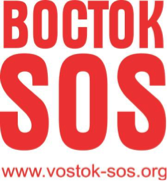
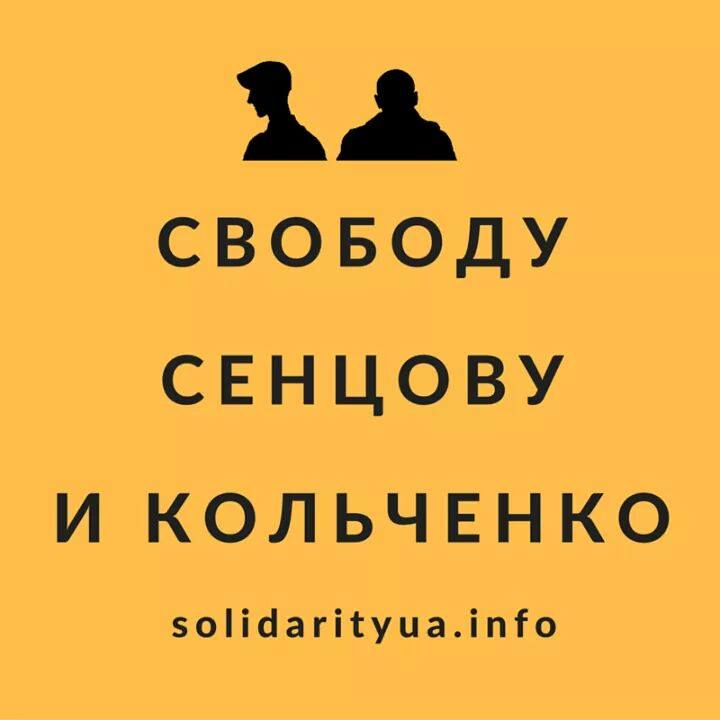
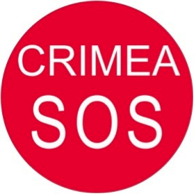
Art Represent gallery, London, 32 Vozdvizhenka Arts House, Kyiv
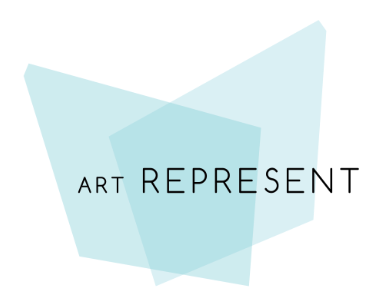

Co-funded by «Krytyka Polityczna» («Political Critique») within Connected Action for the Commons program of European Cultural Foundation
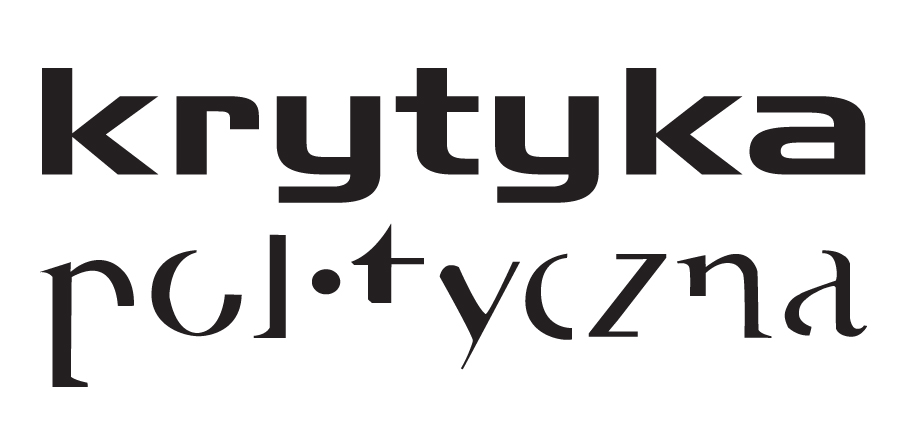
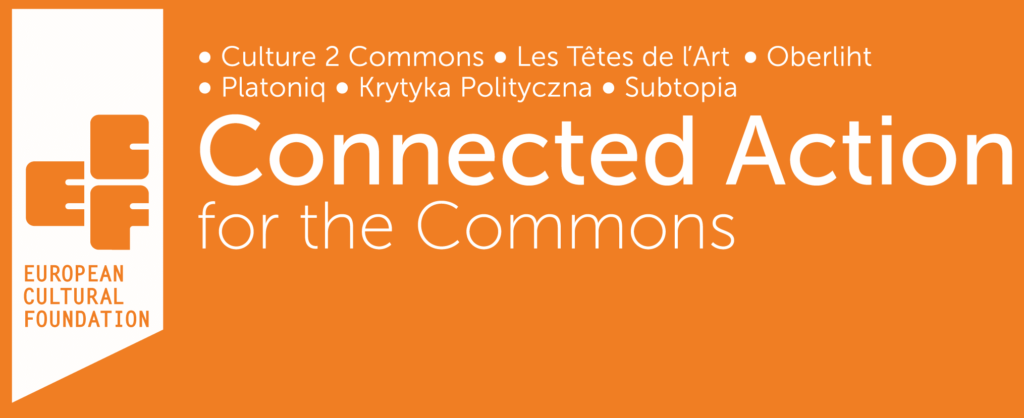
Media partners: Ukraine Crisis Media Center, Krym. Realii
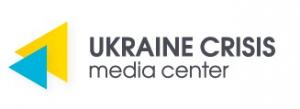
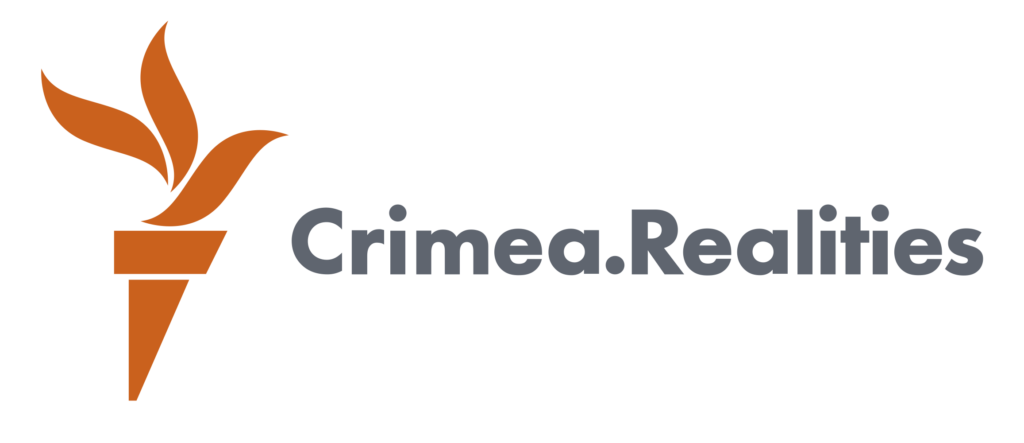
DEFENSIVE ARCHITECTURE. Lecture by Lucien Gurbert
August 22, 2016 19:00
Lecture by Lucien Gurbert
DEFENSIVE ARCHITECTURE AND «CRIME PREVENTION THROUGH ENVIRONMENTAL DESIGN». Between police fantasies and urban reality
In the streets of many metropolises of the western world, a new kind of urban furniture is emerging. In Brussels, London, Paris, Toulouse or Nantes are growing spikes, pins, blocks, fences, inclined surfaces, diced public benches, CCTVs and many other technological control and surveillance tools. All of these devices aim to a single purpose : excluding a range of the citizens apart from the public space, as unwanted individuals. These “defensive devices” do not only stigmatize persons, such as beggars or homeless people : they mainly deter the “bad” practices, and therefore indirectly express the good practises one must follow to stay a reasonable citizen : not lying on the streets, not skateboarding, not begging, etc.
A threat of defensive devices, emerging in our cities, prevents people from the use of public space, increasing the number of brands in the urban landscape and serving as an instrument for police brutality.
Lucien Gurbert – Architectural Bureau “Vendredi” Nantes France, art member of the collective ”Radio as Paper”.
Supported by: ERSTE Stiftung and Charles Stewart Mott Foundation
.
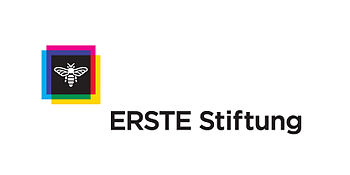
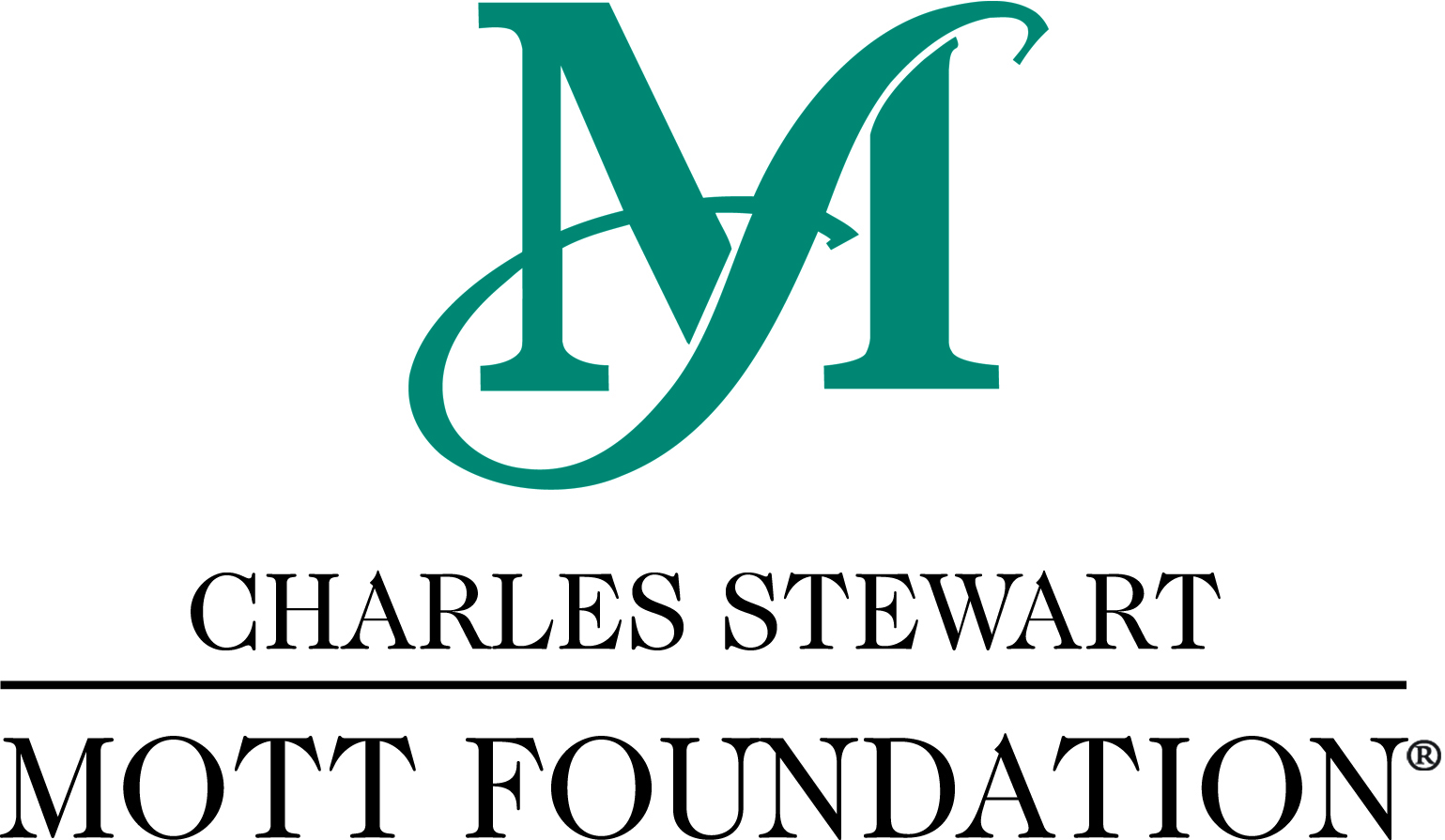
Contacts:
+380639535143 Natalka Neshevets
Fb: VCRC

